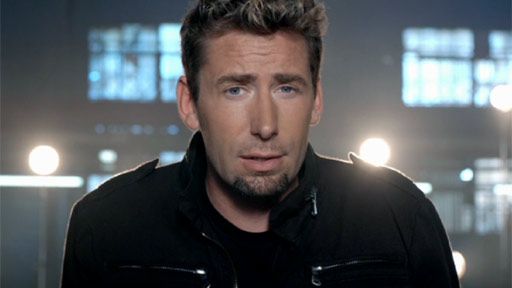
If you have ever cooked more for yourself than a bowl of cereal or some Hot Pockets, you have probably needed to use a recipe. Take a dash of salt here, a cup of spinach there, some eggs and some butter and, with a little bit of nuancing and effort, you can come out with a passable omelet.
Going from picking out a recipe to a finished omelet that is not burnt or soggy takes effort—it doesn’t cook itself. Then, if you decide to venture out into more challenging meals to make, you might start with many of the same ingredients, but instead of a spinach omelet you might roll out your own crust and make a ham and spinach quiche.
When it comes to hunting for jobs, our resumes can sometimes feel like a recipe. A few Microsoft Office skills here, an internship there and a dash of study abroad look like a recipe on paper, but you know as well as anyone that those skills and experiences don’t tell the full story.
When a potential employer views your resume, the skills and experiences you list can end up looking like anything from a soggy omelet to a graceful quiche. That, unfortunately—speaking as someone who has both been hired and done some hiring—is beyond your control. The only thing you can control is what went into your resume—and all of the experiences, jobs and volunteer hours you have spent doing things that really matter, but will seldom appear on a resume.
Thankfully, God calls us to be more than our work and experiences. God calls us to follow the way of Jesus first and foremost, and our Excel skills can (mercifully) come second.
Most of the things Jesus told us to do in the gospels are not repeatable skills that would even serve a job applicant that well in ancient Israel. Things like giving a cup of cold water to someone or making sure a person you find beat up on the road is well taken care of are not exactly a resume builders.
We find ourselves in the same kind of place today, asking: How is that person on the fancy sheet of paper and the person I know I am the same person?
The truth is, we so often lionize the people we admire and the work they produce that we forget they were human. Namely, humans for the most part have done things far beyond what their resume say. Whether you are a farmer or a pharmacist, you will always be more than your resume. All too often we let our resume define us. Our resumes encapsulate our entire identity, but in reality they never aptly describe who you are completely. Resumes are like movie trailers: They highlight what you want your audience to know but never tell the whole story.
To look at the world of literature for a moment, some of the most famous authors we know of had day jobs that were not at all as glamorous as what we know them for, yet we truncate their lives and remember them solely for one aspect of their work: their writing. T.S. Eliot, the famous poet and critic, worked at Lloyd’s Bank of London and then as a director at the publishing firm Faber & Faber. A person with bank and media experience who couldn’t even defend his PhD. dissertation, Eliot kept writing poetry and went on to become one of the most famous poets and critics of the early 20th Century. Or take Stephen King, who was an English teacher for several years before he could earn enough to write full time. Even C.S. Lewis, who is beloved by seemingly every Christian on earth, and his friend J.R.R. Tolkien, were professors first and writers second during their careers.
All of the famous authors above were able to do what they were capable of because they believed that they were more than their resumes. Not that being a writer is better than being a banker or teacher. Vocation is in the eye of the beholder. What is crucial is that the authors did not let what was on their resume define who they were or who they could become. Can you imagine if C.S. Lewis had thought of himself as just a professor of medieval literature and not as an academic, a theologian and a children’s book writer?
There are two traps when you think you are only your resume. One is that you do not have the self-confidence to ever get out of your comfort zone. It’s that lack of self-confidence that keeps someone who works as a computer programmer from building a deck at their house or volunteering to lead a Sunday school class. The second trap is deeper and darker. It’s when you think you are not worthwhile because your resume may not be worth that much.
Just as a recipe is not a fully cooked meal, your resume is not who you are. Your resume may leave much to be desired. You may be listless in the job hunt and shuffling from one entry-level job to another. Or you may not even have been able to find a job for a few months or years and your resume feels like a weight dragging you down.
All these scenarios, and so many more, do not take into account the things you do that are so integral to your identity but never make it onto a resume. Those important things are what God wants you to be doing in the first place: making disciples, sharing your faith, practicing hospitality, greeting someone at church, giving to those in need, volunteering in the nursery, tutoring a neighbor who struggles in math, and so much more that often goes unnoticed and is never written down on a resume.
The Kingdom of God is not made up of people who can build giant spreadsheets, make expert stock picks or create the next big mobile app. The Kingdom of God is made up of people who are more than their resume, people who do not find their identity in their work (or their lack of it) but instead root their identity in Christ and the work of the Kingdom He calls all of us to in different ways.






















